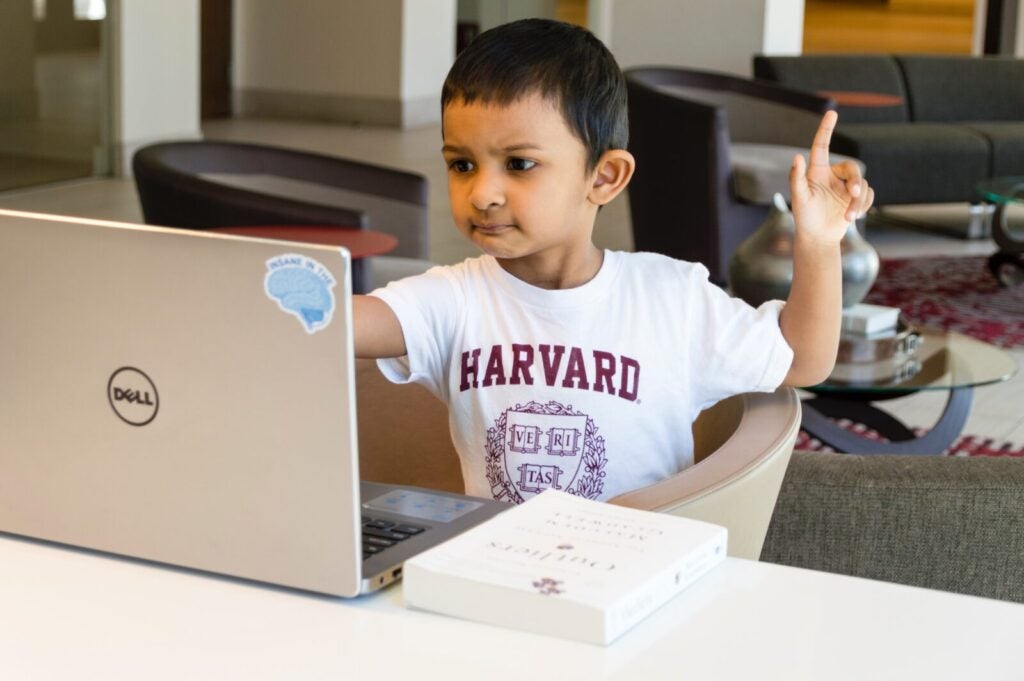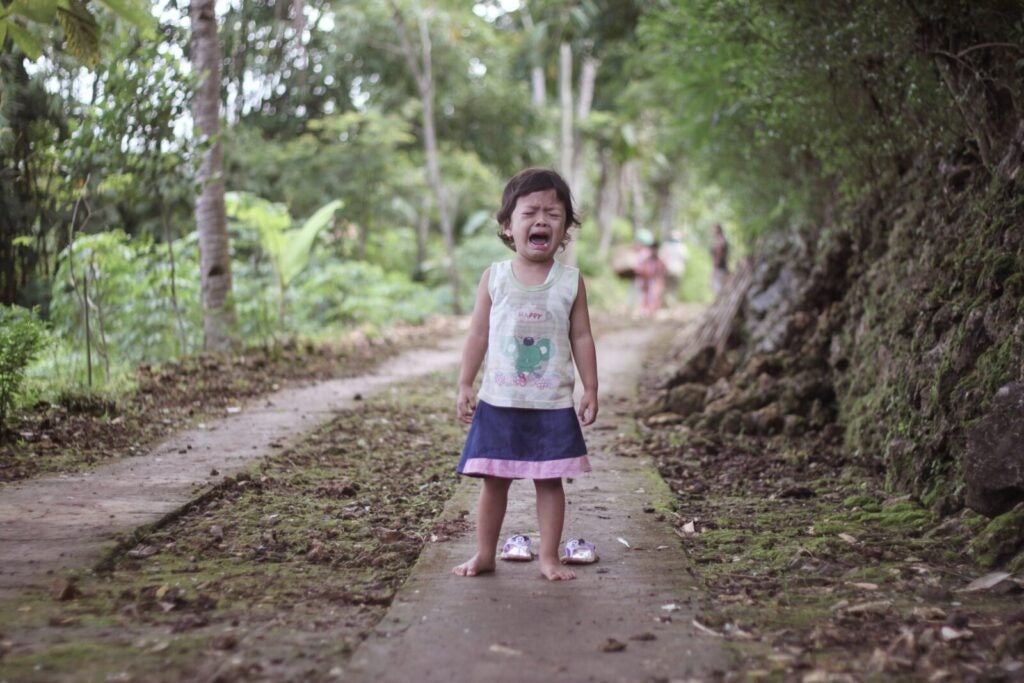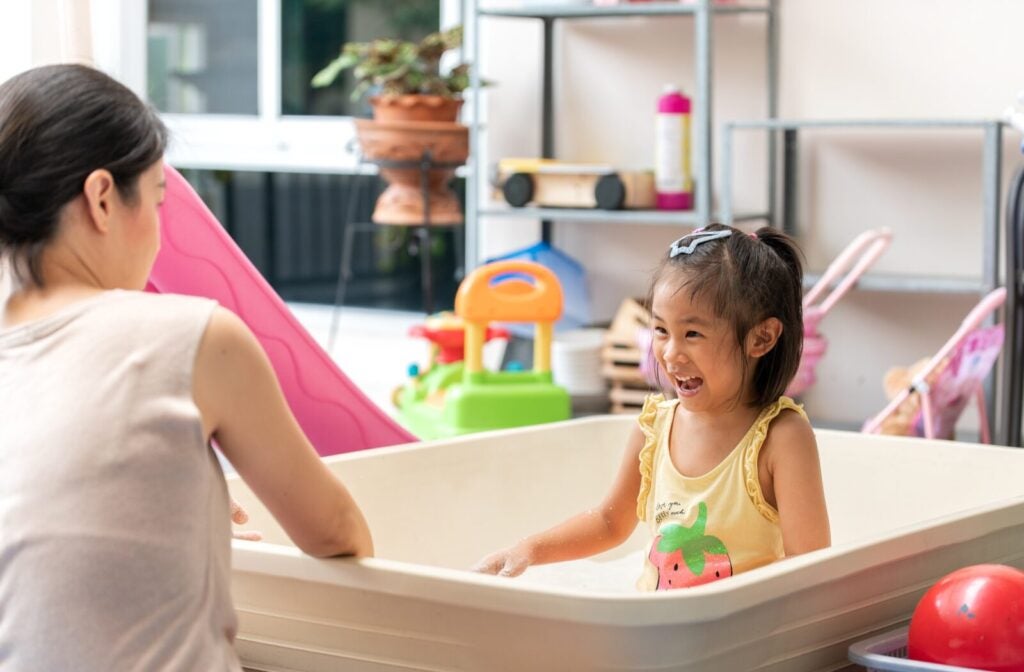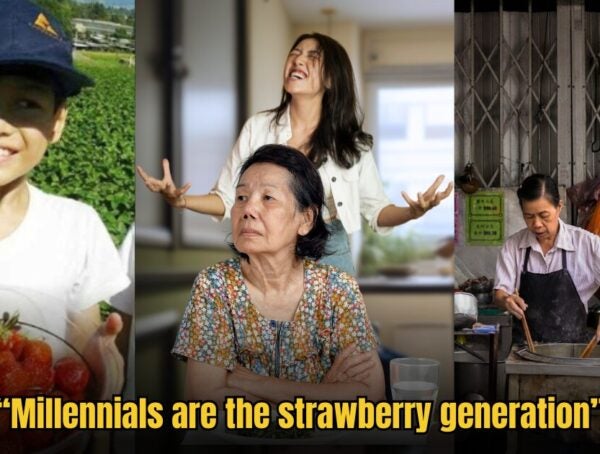Disclaimer: In Real Life is a platform for everyday people to share their experiences and voices. All articles are personal stories and do not necessarily echo In Real Life’s sentiments.
Let’s set the scene, you’re walking towards a busy restaurant, most of the tables are occupied by families with children. You brace yourself for the screaming and crying but when you step in, silence.
Lively children running around and causing havoc is an occurrence from a bygone era, most kids now are experts at scrolling through Youtube and picking out their favourite Cocomelon video before they are even able to utter a complete sentence.
Why do we give children screens? We hear from a new mother
“Before I had a kid, I was not so keen on screen time for kids, because I don’t like seeing kids not be able to concentrate at the dinner table because all they want is to watch their show. But after having a kid, I feel like sometimes screen time just helps.”
Erica is a new mom to an 11 month-old. Both she and her husband work full time and are learning how to navigate life between building their careers and being parents to their baby boy day by day.
“If you don’t have other people around to help, and you’re the child’s main caregiver and you have other things to do and tasks to complete, screen time helps to distract the child even just for a few minutes.

“I still don’t like the idea of having an iPad at the dinner table but maybe some busy parents haven’t had a decent meal for 2 to 3 days and they just want to eat. Entertaining a kid all day long is very tiring. We adults can zone out, but kids need constant interaction. In that sense, and not in a bad way, they are demanding.”
We are evolving with technology, it’s unavoidable
What’s your daily average screen time on your phone? We depend on our phones for so many things from information to entertainment to communication – but what did we do to fill all these hours before the era of smartphones?
Growing up without gadgets like the ones we have now meant more outdoor time, more time working on chores and hobbies, not just for children but adults too. We’ve since evolved and the way we spend our time is different. Things are changing, not worsening.
“We are not used to it, we didn’t grow up exposed to tablets and phones, we didn’t have all this growing up. Perhaps for us it’s not a comfortable thing to see, but it’s inevitable, you cannot keep these things from them.
“Eventually they will need to learn how to use these devices or else they will be left out. Even in schools they will watch movies and nursery rhymes. With proper limits and boundaries, kids can learn from screen time, it’s not necessarily something bad.” Erica tells In Real Life
Is putting an iPad in front of your kid considered bad parenting?
“There’s something that’s incredibly polarising when it comes to parenting. I think the most important thing to remember is that we’re all trying to do the best we can with what we have.” Child and Family Development Specialist, Racheal Kwacz tells In Real Life.

“In so many shapes and forms, we all carry some deep hurts from our childhood that bring such wisdom in retrospect so I also don’t doubt that the ones that call it bad parenting also mean well in their own way.
“The bigger more important question however is how can we support parents better? One of the biggest unseen tragedies of the modern family is that we have lost the village to care for the entire family unit together.”
More often than not, we see a photo of a child behaving badly on Facebook and the comments are filled with people bashing the parents for not being able to control their child. Is the idea of extending support and understanding lost on our society?
How should parents know where to set their boundaries?
The major concern with excessive screen time used to be problems with eyesight, but that has now become a secondary worry. The sleeping pattern, behaviour, and emotional wellbeing of children who are on their devices too frequently are what’s taking a bigger hit.

“Consistent firm healthy boundaries that connect will go a long way in helping to not only navigate big feelings but also screen time addiction.
“Allowing your little one to express their big feelings, upset, hurt with you is actually one of the most powerful things you can do for a meaningful parent-child relationship and it helps them access their higher learning brain. Hold the boundary that no means no, but also hold safe space to hear, listen, support.” says Racheal.
Maybe screentime isn’t as bad as we make it out to be
Between outdoor time being limited and online school because of lockdown, children’s dependency on digital devices has skyrocketed over the last 3 years and we can’t really blame them, this increase in dependency is almost inevitable – we adults are dependent too.
“There is a growing body of research that suggests screentime may not be as dangerous for children as we once thought. Are there effects of prolonged unfiltered unmoderated exposure, of course.
“But the one thing research has pointed to over and over and over again is that the single most important factor in a child developing critical skills to develop resiliency against adverse childhood and adult events is just one consistent imperfect supportive strong adult relationship in their lives.”

Perhaps there is more behind the iPad kid debate – it can’t be categorised as either a bad or good thing. Before we are so quick to generalise and criticise all parents who plop their toddlers in front of Peppa Pig, we should take the time to try and empathise.
Let’s be honest here, with the amount of time most of us adults spend in front of our phones/laptops, we’re basically iPad kids ourselves.
Know anyone with an interesting story to share? Drop us an email at ym.efillaerni@olleh and we may feature the story!
For more stories like this, read:
These Malaysians May Not Want Children – Here Are Their Reasons Why
You might also like
More from Real People
‘A RM100 fee cost a company 5 years of revenue’ shares M’sian
This story is about a Malaysian who learned that bureaucracy can be defeated simply by not arguing with it.A billing …
‘I quiet-quit, upskilled, and tripled my salary,’ shares M’sian engineer
This story is about a Malaysian who learned that loyalty without leverage leads nowhere in the corporate world.After years of …
‘I did everything right, and it still wasn’t enough’ shares M’sian graduate
This story is about a Malaysian graduate navigating big dreams in a job market where a degree no longer guarantees …


















